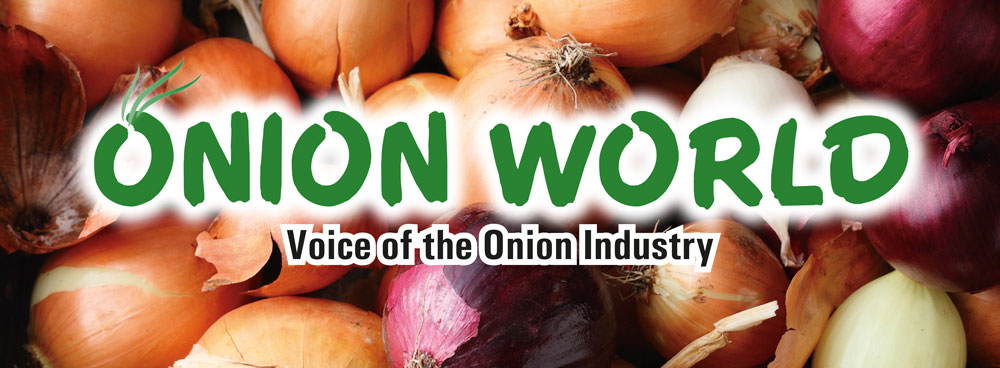|
Click to listen to this article
|
By Greg Bird, Executive Director, Michigan Onion Committee and Michigan Vegetable Council
As you read this article, at least you will know it’s not AI generated, but more from the pen of someone who writes at the 10th grade level. This is from someone who took too many math classes in college and has typed too many brief emails since. So now, without further ado, here’s a look at what’s happening in Michigan.
There will be fewer onion acres in Michigan in 2025 as a large grower who farmed on sandy\mineral soil reached an opportune time to retire. Those acres did not go back to onions. I know some of those acres went to potatoes, but I wish they had all stayed in specialty crops. I do not think any of those acres were developed into solar farms, but I know some other land did make that transition to solar this year. I hate to see the best ground leaving the vegetable industry. The volume of the 2025 crop seems good, so hopefully this makes up for those lost acres. Some onion growers are dry, but are still doing fine, while others are wet, but not too wet.
With the help of Dr. Daniel Brainard of Michigan State University (MSU) and Vriesland Growers Cooperative of Hudsonville, Michigan, the state’s onion growers have been continuing to fight off the white campion weed. Some fields are fine, but once it moves in, it is very evasive. More field research is in place for 2025. White campion, beware: Dr. Joshua Miranda is the soon-to-start new weed scientist at MSU, and onion growers will support his efforts to get rid of white campion.
The National Onion Association (NOA) does more work for onion growers than the Michigan Onion Committee can manage. Industry information from the NOA is vital to Michigan growers. For this reason, the Michigan Onion Committee has purchased NOA memberships for each of the past three years for all Michigan growers who make their onion assessment payments.
Michigan State Senator Sam Singh sponsored a bill that changed the Michigan 232 checkoff stature. The Michigan Onion Committee and the Michigan Carrot Commission are small enough that a yearly audit costs a significant chunk of the yearly budget. These organizations only have a handful of transactions a year. The bill that was passed allows 232 checkoff programs of the size of onion and carrot to only have a required audit once every five years. For continued transparency, the state agriculture department will help provide informal financial reviews as needed.
Well, I would give this article a B+ and that means I should get to borrow the family station wagon to go to the game this Friday night.

